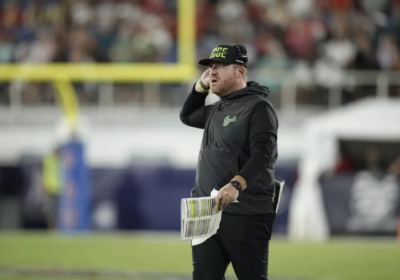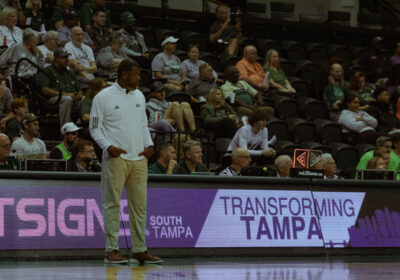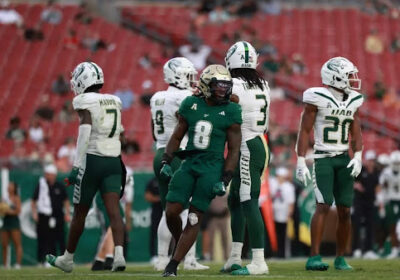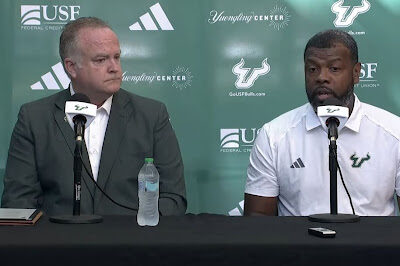NCAA vote is the right thing, but not an overnight fix
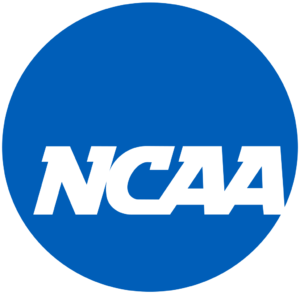
It’s kind of hard to believe.
They actually did the right thing, and it wasn’t the painful, drawn out process everyone expected.
The NCAA’s Board of Governors unanimously voted Tuesday to allow student-athletes the ability to benefit from their name, image and likeness.
“Clearly, the time has come to modernize the collegiate model and to continue to enhance student-athletes’ opportunities,” USF Vice President of Athletics Michael Kelly said in a statement.
“[Tuesday’s] announcement demonstrates the NCAA’s commitment to that concept and establishes a timeline to put effective legislation in place to allow student-athletes the ability to benefit financially from their name, image and likeness. I look forward to participating in that process.”
The writing had been on the wall for some time, though. The biggest writing was the “Fair Pay to Play Act” in California, which was signed into law by Gov. Gavin Newsom on Sept. 30. The act allows student-athletes the ability to profit off their name, image and likeness.
Other states, including Florida, have proposed similar bills. Florida’s bill effectively has bipartisan support after Gov. Ron DeSantis (R) endorsed the bill last week alongside the state representative who introduced it, Rep. Kionne McGhee (D).
There’s also the possibility, still, of federal legislation on the matter — though now that the NCAA seems to be willing to change on its own, it’s fair to wonder if Washington even needs to weigh in.
So before we go celebrating the NCAA finally doing the right thing — which it is — it’s worth noting that its hand was forced.
This is also not an overnight process. All three NCAA divisions are encouraged to begin the process of creating new rules immediately, but no later than January 2021.
Given the complexities of basically rewriting the rule book, don’t expect to see a change any time soon. There’s a good chance current freshmen will graduate before any new rules go into effect. After all, 2021 is the cutoff date for when the new rules need to start being created — at least that’s how the NCAA’s release makes it seem.
But this is still a big deal. After many instances of athletes being punished for benefiting monetarily off their talent, the NCAA is finally saying, “We might have been wrong.”
One of those instances occurred in 2017, when UCF kicker Donald De La Haye was ruled ineligible because he was monetizing his YouTube channel. De La Haye was running ads on the channel, which contained videos relating to his football career at UCF.
UCF, acting on the NCAA’s behalf, told De La Haye he needed to pull the ads from his football-related videos if he wanted to continue playing for the Knights. Even more ridiculous, De La Haye was required to remove ads from videos that weren’t sports related to keep his scholarship.
The NCAA clarified that if De La Haye completely separated the sports and non-sports into two channels, he would have been able to keep his eligibility and scholarship.
De La Haye refused and was right to. Even though he was in violation of NCAA rules, the rules were meant to protect the “amateurism” of college sports.
Instead of protecting “amateurism,” the rules themselves were amateur.
De La Haye making some money off YouTube videos — even if they were about playing college football — wasn’t putting UCF at any kind of meaningful advantage, nor would any reasonable person have considered De La Haye a professional athlete.
That’s not to say there isn’t a chance for trouble.
It’s worth wondering how the new rules will be written to protect smaller schools from being at a competitive disadvantage compared with schools with a ridiculous number of donors and sponsors.
But, as the NCAA said in its release Tuesday, part of the guidelines for creating the new rules is ensuring that compensation for athletic participation is not allowed, while also making sure that student-athletes are treated similarly to non-athlete students — while also making it clear athletes are not employees of the university.
It’s also worth wondering how things will shake out with revenue sports (football and men’s basketball) and non-revenue sports.
It’s easy for the starting quarterback to get an endorsement deal, but it’s hard to see a tennis player getting anything out of this.
But does it matter? The tennis player isn’t getting anything as it stands, so what would change?
There’s a lot for the NCAA and its athletic directors, including Kelly, to figure out between now and the time any new rules take effect.
That’s why it’s not — and shouldn’t be — an overnight thing.
But the first step in rectifying any problem is admitting there’s a problem.
The NCAA doing it on its own — even in the face of legislation that likely would have forced its hand anyway — is a big first step.

